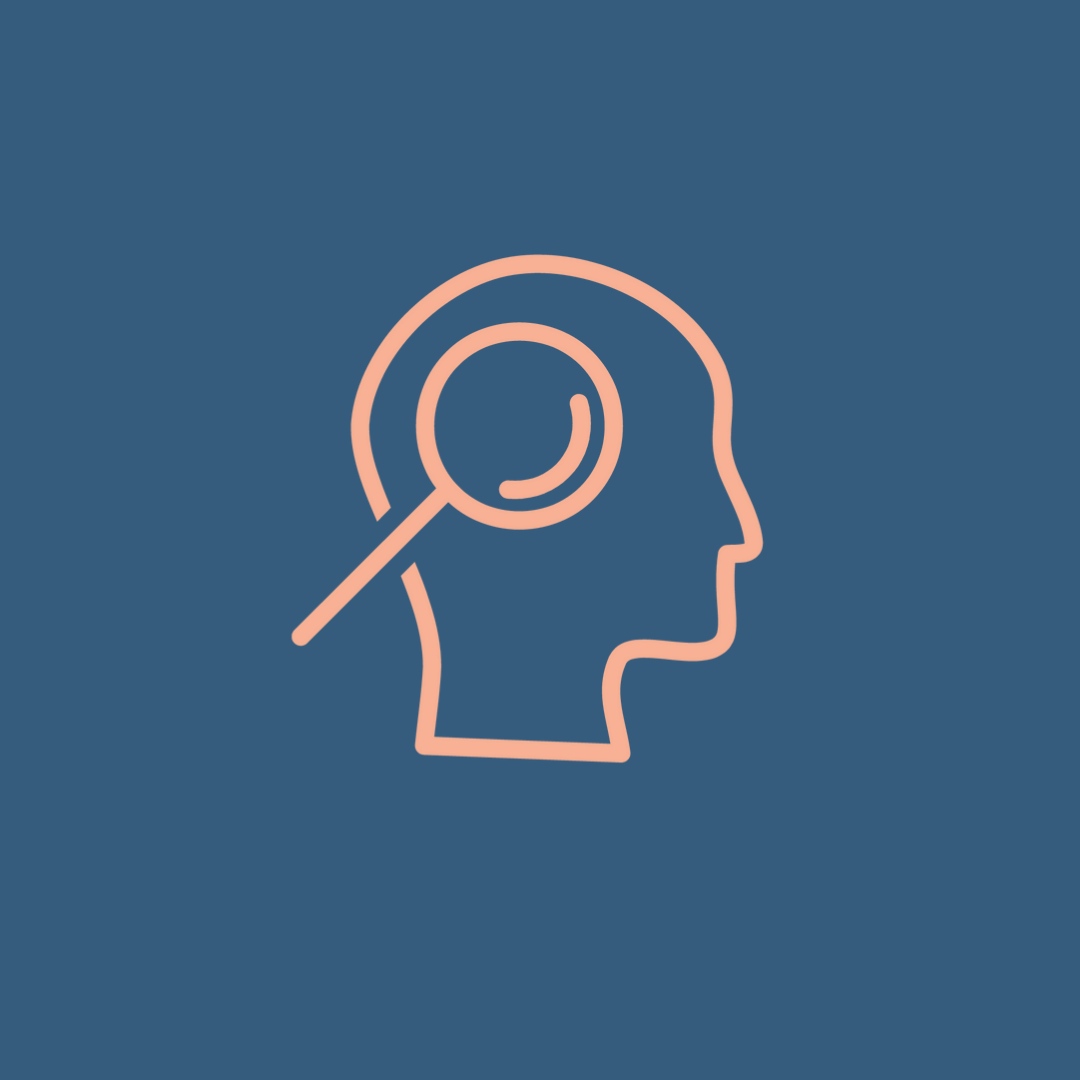Anxiety and depression are two commonly discussed mental health disorders – but what are they and how can they be treated? This post explores anxiety and depression, their causes, symptoms and effective treatment methods.
What is Depression?
Depression is a common mental health condition that affects millions of people around the world. It is characterized by persistent feelings of sadness, hopelessness, and a lack of interest in activities that were previously enjoyable.
Symptoms of depression can vary from person to person, but may include:
- Persistent feelings of sadness, hopelessness, or emptiness
- Lack of interest in activities that were previously enjoyable
- Changes in appetite or weight
- Difficulty sleeping or sleeping too much
- Loss of energy or fatigue
- Difficulty concentrating or making decisions
- Feelings of worthlessness or guilt
- Thoughts of death or suicide
Depression is more than just feeling sad or going through a tough time. It is a serious medical condition that can interfere with a person’s daily life, work, and relationships. Depression can also lead to other health problems if left untreated.
There are several different factors that can contribute to the development of depression. These may include:
- Genetics: A family history of depression can increase a person’s risk of developing the condition.
- Life events: Stressful or traumatic events, such as the loss of a loved one, a divorce, or a job loss, can increase the risk of depression.
- Medical conditions: Certain medical conditions, such as chronic illness, can increase the risk of depression.
- Substance abuse: Substance abuse, including alcohol and drug abuse, can increase the risk of depression.
What is Anxiety?
Anxiety is a normal emotion that everyone experiences from time to time. It is a feeling of worry, nervousness, or unease about something that is uncertain or unknown. However, when anxiety becomes excessive and persistent, it can interfere with a person’s daily life and become a disorder.
There are several different types of anxiety disorders, including generalized anxiety disorder, panic disorder, social anxiety disorder, and specific phobias. Each type of anxiety disorder has its own unique symptoms and characteristics, but common symptoms of anxiety disorders may include:
- Persistent worry or fear
- Difficulty sleeping
- Difficulty concentrating
- Irritability
- Restlessness
- Physical symptoms such as racing heart, sweating, and difficulty breathing
Anxiety disorders can be caused by a variety of factors, including genetics, life events, and medical conditions. They can also be triggered by certain substances, such as caffeine and alcohol.

Treatment Options for Anxiety and Depression
There are several different treatment approaches that can be used to help people with depression and anxiety. These include:
- Cognitive-behavioural therapy (CBT): This type of therapy focuses on helping people identify and change negative thought patterns and behaviors that contribute to their depression and anxiety. CBT can be particularly effective for people with depression and anxiety because it teaches skills that can be used to manage symptoms and improve overall well-being.
- Interpersonal therapy (IPT): This type of therapy focuses on improving relationships and communication skills, which can be particularly helpful for people with depression and anxiety. IPT can help people develop healthier relationships and better ways of coping with stress and difficult emotions.
- Dialectical behavior therapy (DBT): This type of therapy combines CBT with mindfulness techniques and is often used to treat people with severe depression and anxiety. DBT helps people learn how to regulate their emotions and improve their relationships with others.
- Medication: In some cases, medication may be used in combination with therapy to help treat depression and anxiety. There are several different types of medication that can be effective in treating these conditions, including antidepressants and anxiety medications.
Other Treatment Options
Treatments like TMS can also be used. Transcranial magnetic stimulation (TMS) is a non-invasive treatment option for people with anxiety disorders. It involves using a magnetic field to stimulate specific areas of the brain that are believed to be involved in the regulation of mood and anxiety.
During a TMS treatment session, a small device is placed on a person’s head. The device generates a magnetic field that passes through the skull and into the brain, stimulating specific brain cells. TMS treatments are typically administered on an outpatient basis, and most people are able to return to their normal activities immediately after treatment.
TMS is a relatively new treatment option, and research on its effectiveness for anxiety disorders is ongoing. However, some studies have found that TMS may be effective in reducing anxiety symptoms, particularly in people who have not responded well to other treatments, such as medication and therapy.
It is important to note that treatment for depression and anxiety will vary depending on the individual and their specific needs. A mental health professional, such as a psychologist or psychiatrist, or GP, can work with a person to develop a treatment plan that is tailored to their specific needs and goals.
Overall, psychology sessions can be an effective way to treat depression and anxiety. By working with a mental health professional, people can learn skills and strategies to manage their symptoms and improve their overall well-being.
